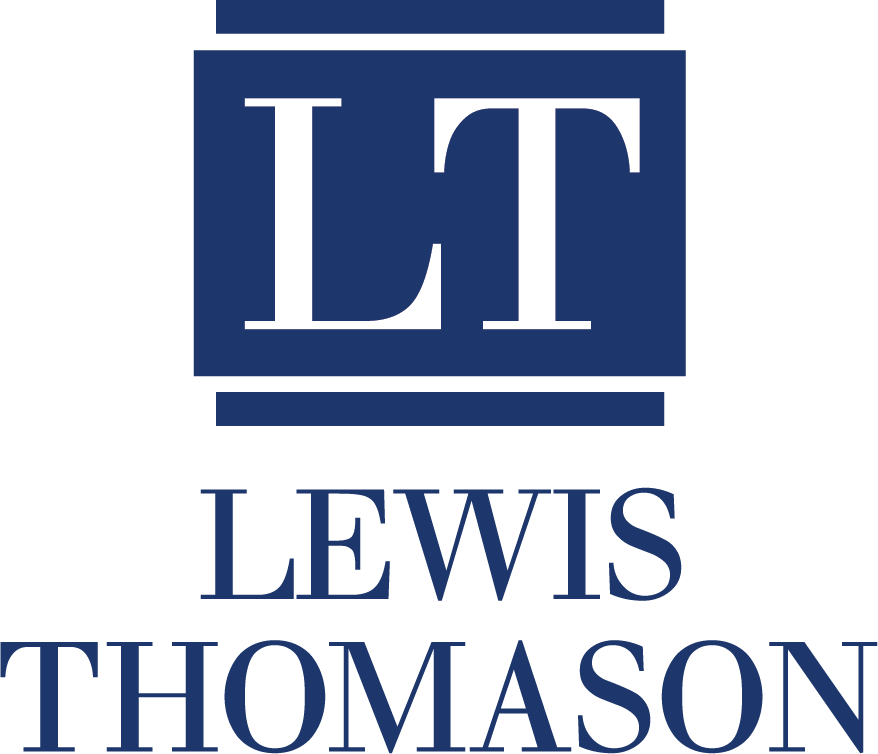“Just because you start, does not mean you will finish!”
 A recent case out of the Court of Appeals for the 5th Circuit reminds us of parties’ needs for careful contracting, particularly on the point of design ownership.
A recent case out of the Court of Appeals for the 5th Circuit reminds us of parties’ needs for careful contracting, particularly on the point of design ownership.
In Hunn v. Dan Wilson Homes, Inc. 789 F.3d 573 (5th Cir. Tex. 2015), the Court of Appeals for the 5th Circuit ruled that a draftsman and his client had an implied license to use plans, and thus did not infringe an architecture firm’s copyrights, even though the draftsman left employment with the architecture firm mid-project and later used electronic files he started during his employment to complete the designs. While this case is not an authority in Tennessee at this time, the same analysis could be applied to a Tennessee design professional who lacks clear contract terms to the contrary. For more information on copyright claims in architectural works, click here. Title 17, Section 102 of the United States Code, available here, defines “architectural works” as works of authorship, which opens the door for the design professional’s inclusion under copyright law.
A brief explanation of the facts is helpful. The client hired the firm because he wanted a particular draftsman to prepare the plans, and that draftsman was an employee of the firm. The firm did not provide pre-designed plans. Rather, the houses were uniquely drafted by using AutoCAD software. The draftsman learned what to include in the designs through weekly meetings with client. At these meetings, the draftsman delivered printed copies of plans to the client that showed the progress with the designs. The draftsman was the only firm employee who ever worked on the client’s custom plans. Some of the work was done on the draftsman’s home computer, with the firm’s permission, before the draftsman left employment with the firm. Ultimately, the draftsman completed the client’s plans after leaving the firm, using the AutoCAD files he started while he was an employee of the firm.
Before having the draftsman complete the plans, the client tried to get the firm to finish. The firm was angry, apparently because it thought the draftsman was trying to steal its business, and declined to provide a clear trajectory for completion. The client proposed ways to complete the plans with the firm, but the firm declined them all. The client even sent partial payment to the firm for work that the draftsman performed amount, which was likewise rejected. The firm might have fared better in this case if it were more sympathetic, but its post-dispute behavior probably inclined the court to find an implied license in favor of the draftsman and the client.
The 5th Circuit reasoned that the existence of a license authorizing use of copyrighted material is an affirmative defense to an allegation of copyright infringement. They concluded that a license can be implied between the parties in certain situations. The Court found such an implied license. The draft designs were provided to the client after the client provided extensive input about the designs to the draftsman, which the draftsman used to create the plans.
To read the full opinion, click here.
Although the focus of this case is not contract law, the language of the contract probably would have been given lots of attention if it addressed the rights of the parties on the points of copyright and license. Therefore, this case demonstrates the importance of having contract terms that speak to ownership of designs. This entire situation could have been avoided if the parties had a contract provision which said when the architecture firm’s work product became the client’s property.
Should the client be able to use an incomplete design for any purpose? Should the client’s use of the design be conditioned on payment in full? If the client fires their first firm, do they get to hire a replacement firm to finish the first firm’s work? Do the designs belong to the firm or the firm’s employees? Does the owner have an exclusive right to the design, or can the firm reuse it for another client? These are questions that thorough contract provisions can answer.
Lewis Thomason construction lawyers regularly draft such provisions to reflect the intent of the parties regarding instruments of service before any problems arise.



